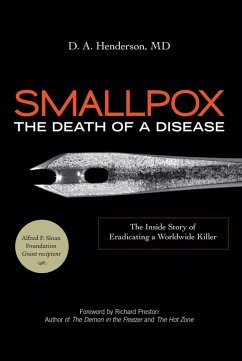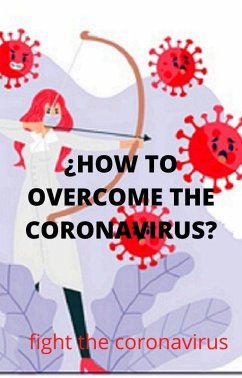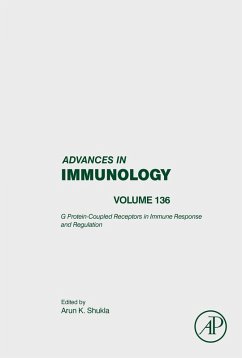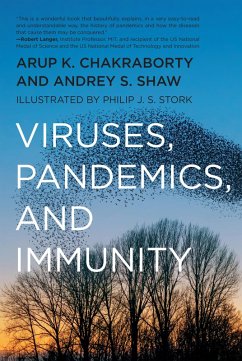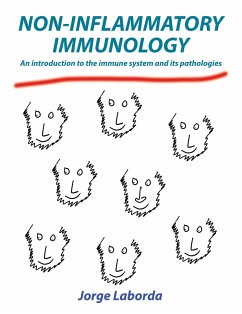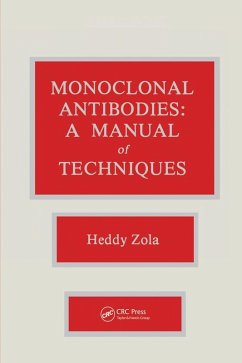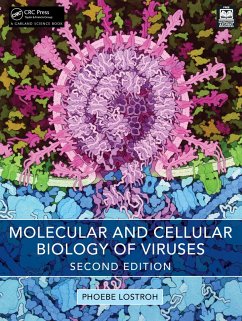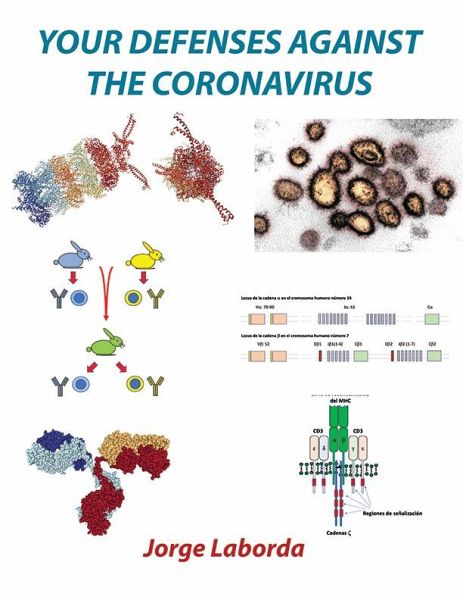
Your defenses against the coronavirus (eBook, ePUB)
A brief introduction to the immune system

PAYBACK Punkte
4 °P sammeln!
This book is intended as a brief introduction to the fascinating processes by which the immune system keeps microorganisms at bay. The book is structured as a story in which the organism is under attack. To defend itself, it sets up different cellular actors and molecular mechanisms, which we are introducing as history develops. In this way, the understanding of the reasons for the various defense strategies that the immune system puts in place is facilitated. It also addresses the mechanisms of action of vaccines and the different types of vaccines that are known, as well as some of fascinati...
This book is intended as a brief introduction to the fascinating processes by which the immune system keeps microorganisms at bay. The book is structured as a story in which the organism is under attack. To defend itself, it sets up different cellular actors and molecular mechanisms, which we are introducing as history develops. In this way, the understanding of the reasons for the various defense strategies that the immune system puts in place is facilitated. It also addresses the mechanisms of action of vaccines and the different types of vaccines that are known, as well as some of fascinating reasons why microorganisms can escape from the the action of the immune system and vaccines can be ineffective. The knowledge gained from reading the first seven chapters are applied in the last one to analyze why the new SARS-CoV-2 virus, causing COVID-19 disease, can behave in such a different way depending on how well or how badly the defense mechanisms that each person has, according to the state of health, the age or genetic background, are put into effect. Reading this book will arm us better to understand the causes of pandemics and the reasons why some overcome infectious diseases and others do not.
Dieser Download kann aus rechtlichen Gründen nur mit Rechnungsadresse in A, B, BG, CY, CZ, D, DK, EW, E, FIN, F, GR, HR, H, IRL, I, LT, L, LR, M, NL, PL, P, R, S, SLO, SK ausgeliefert werden.




